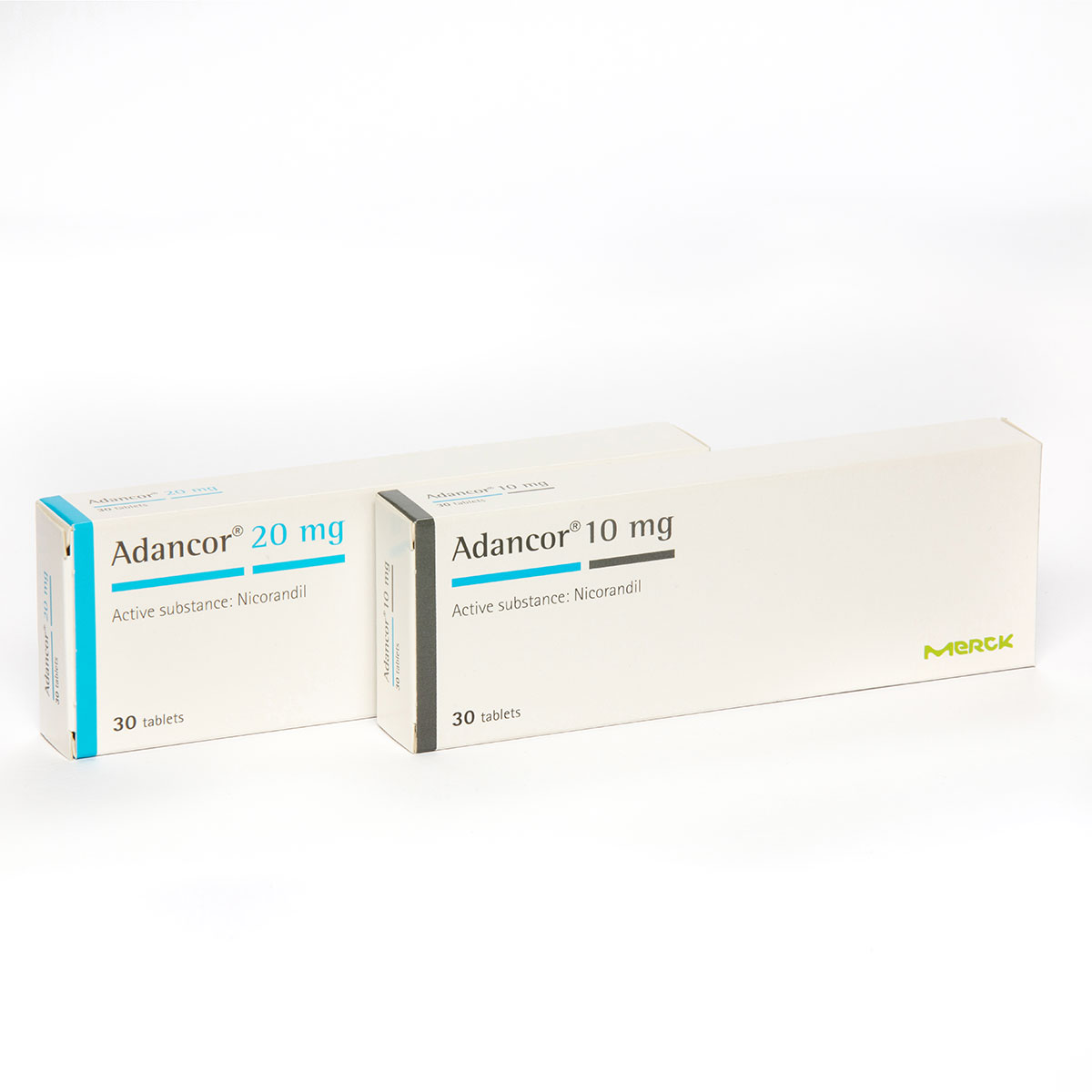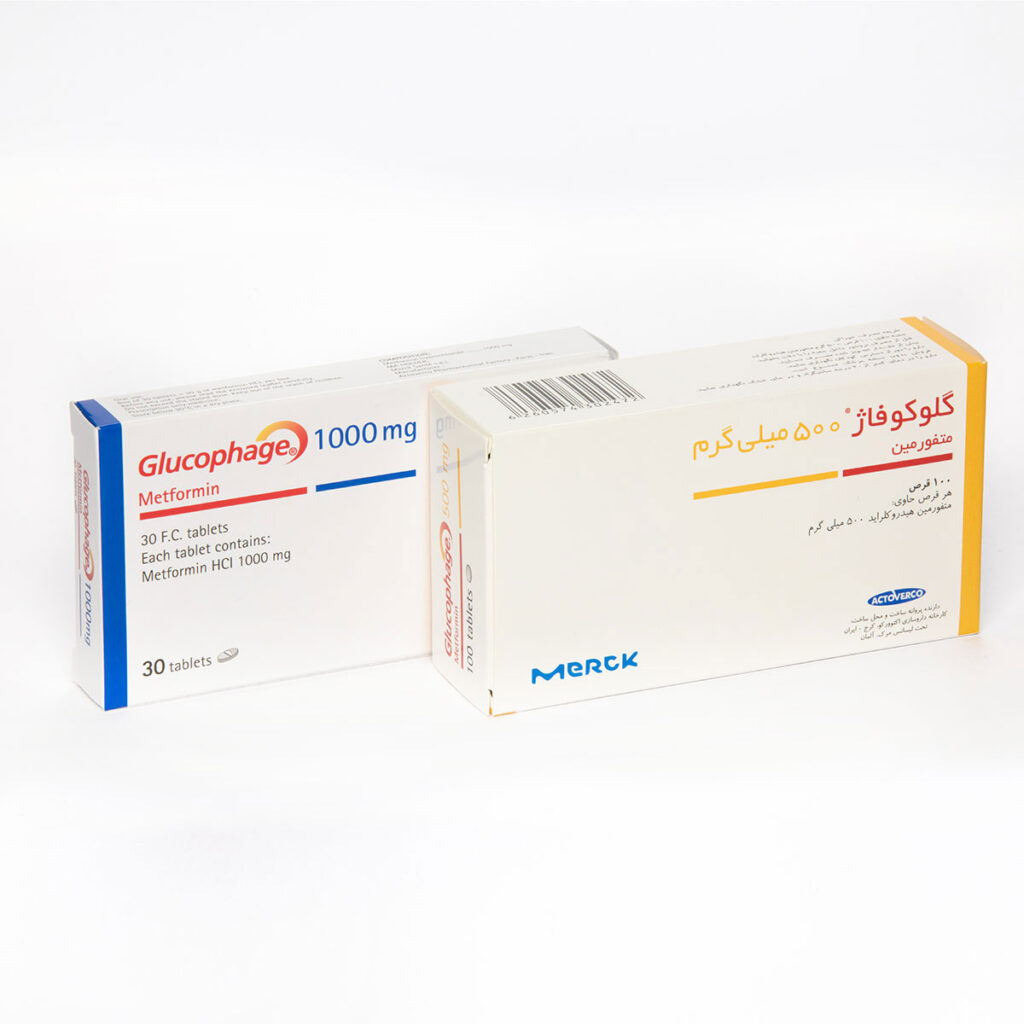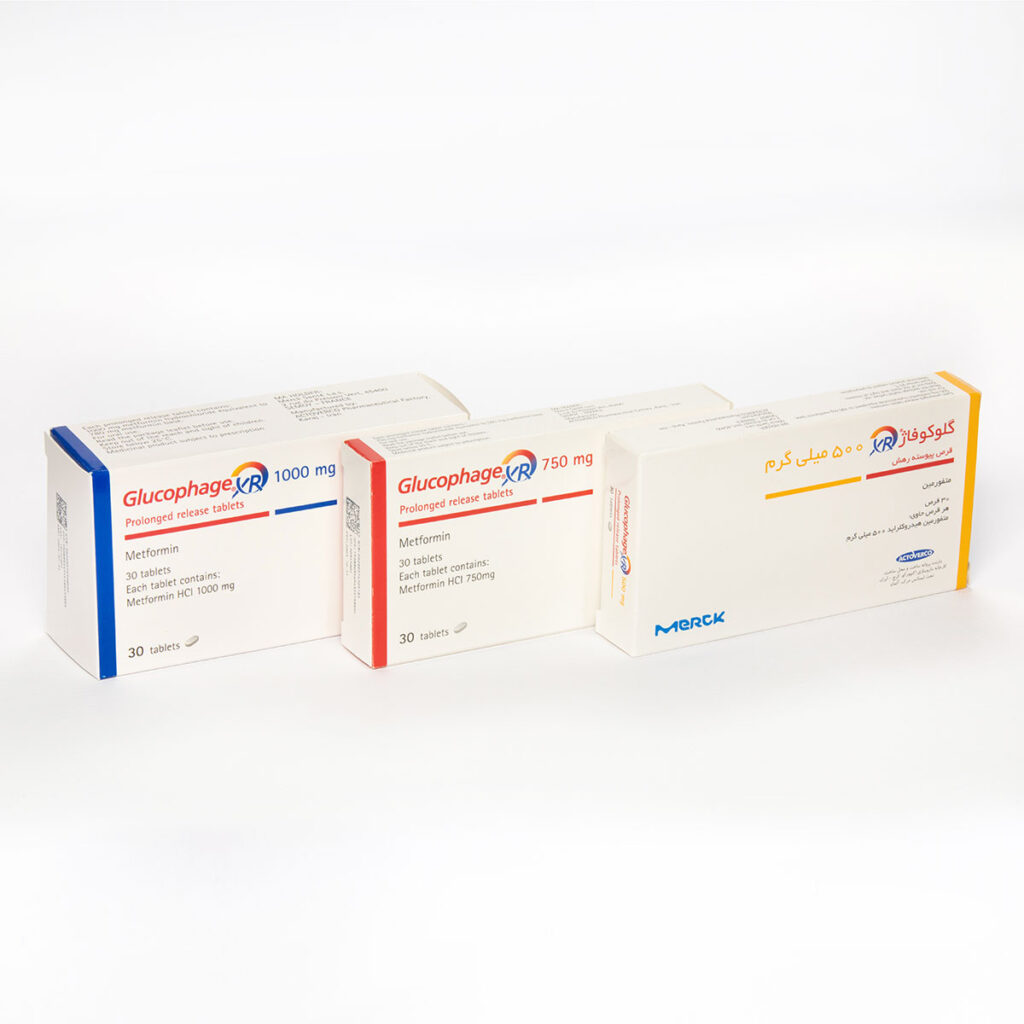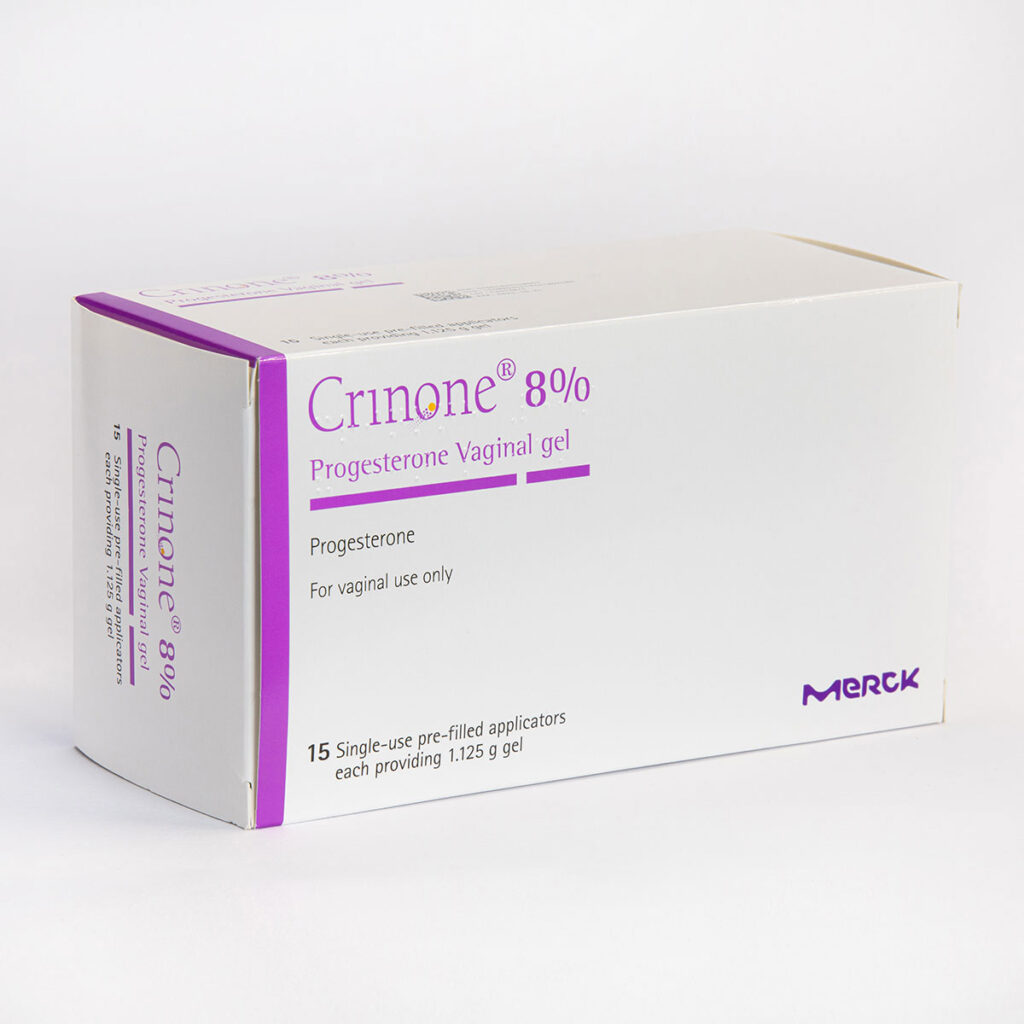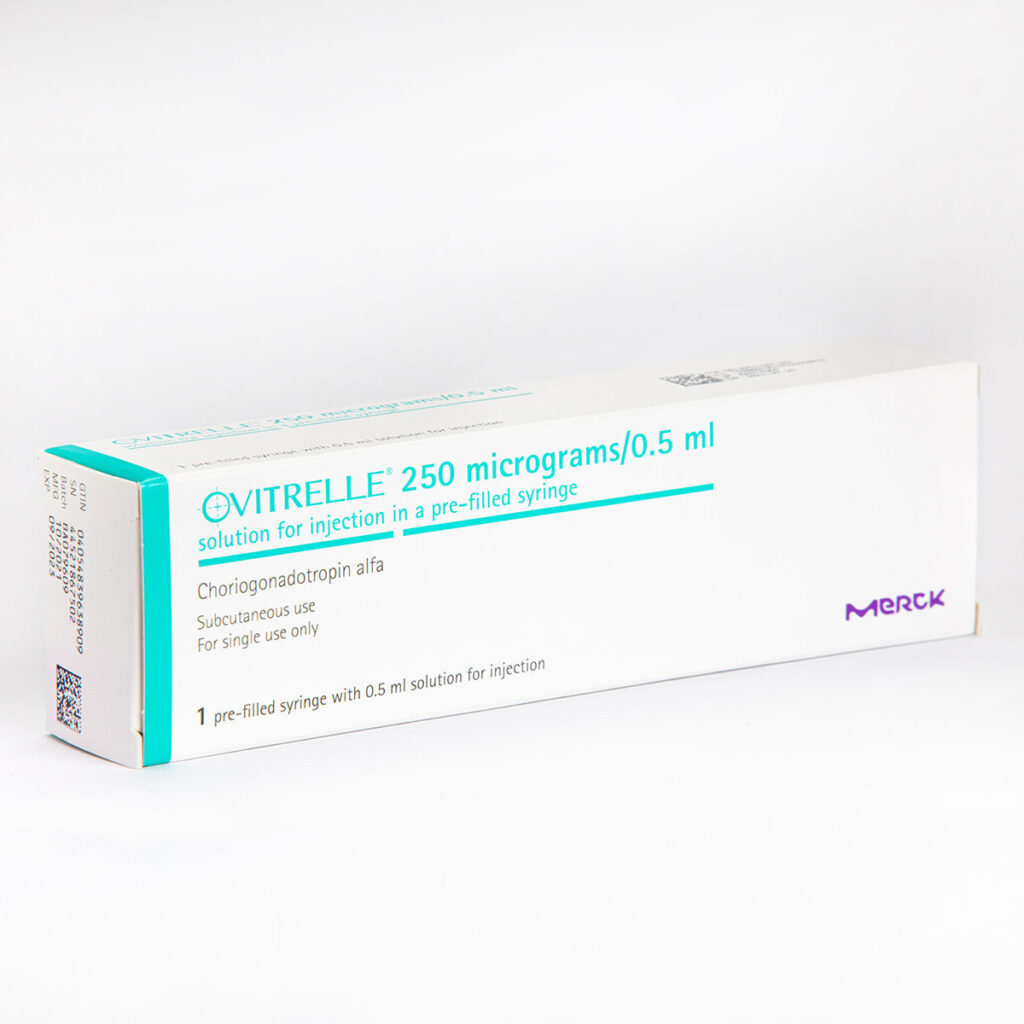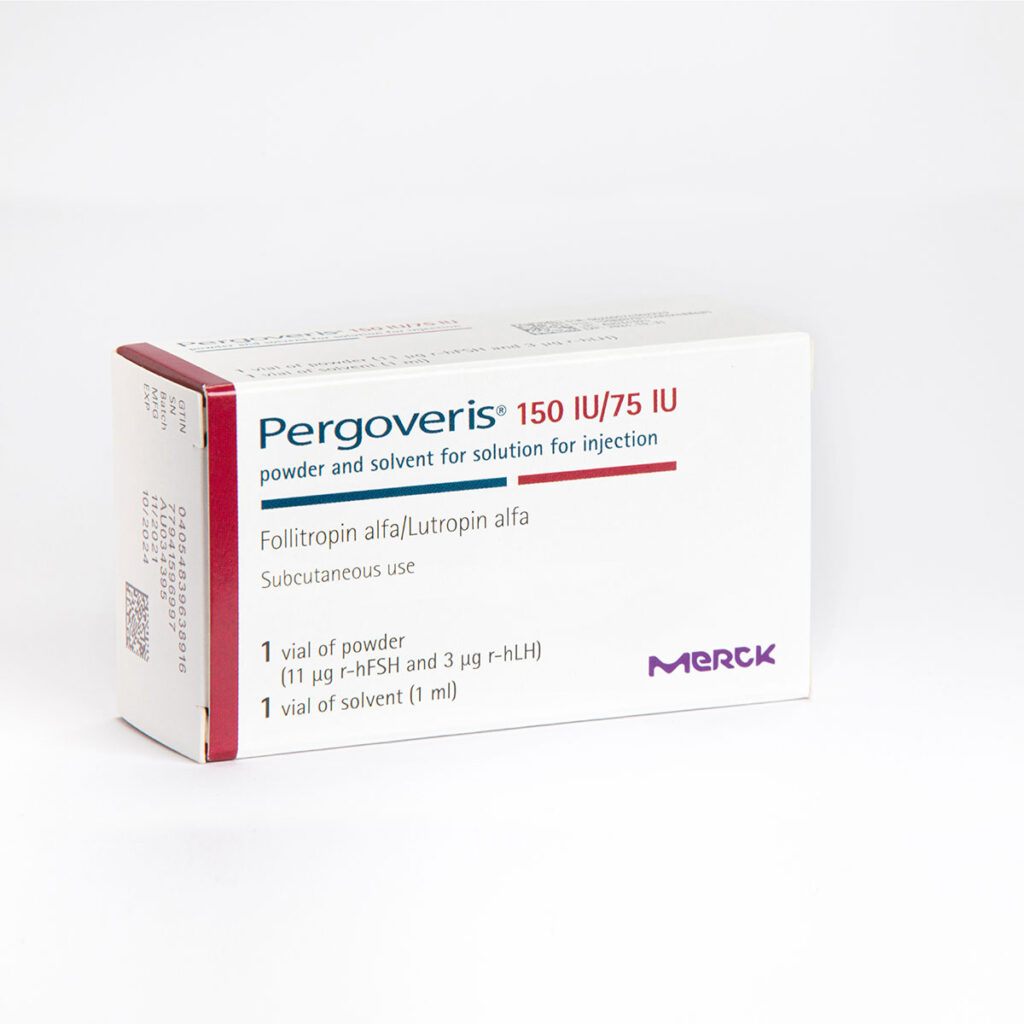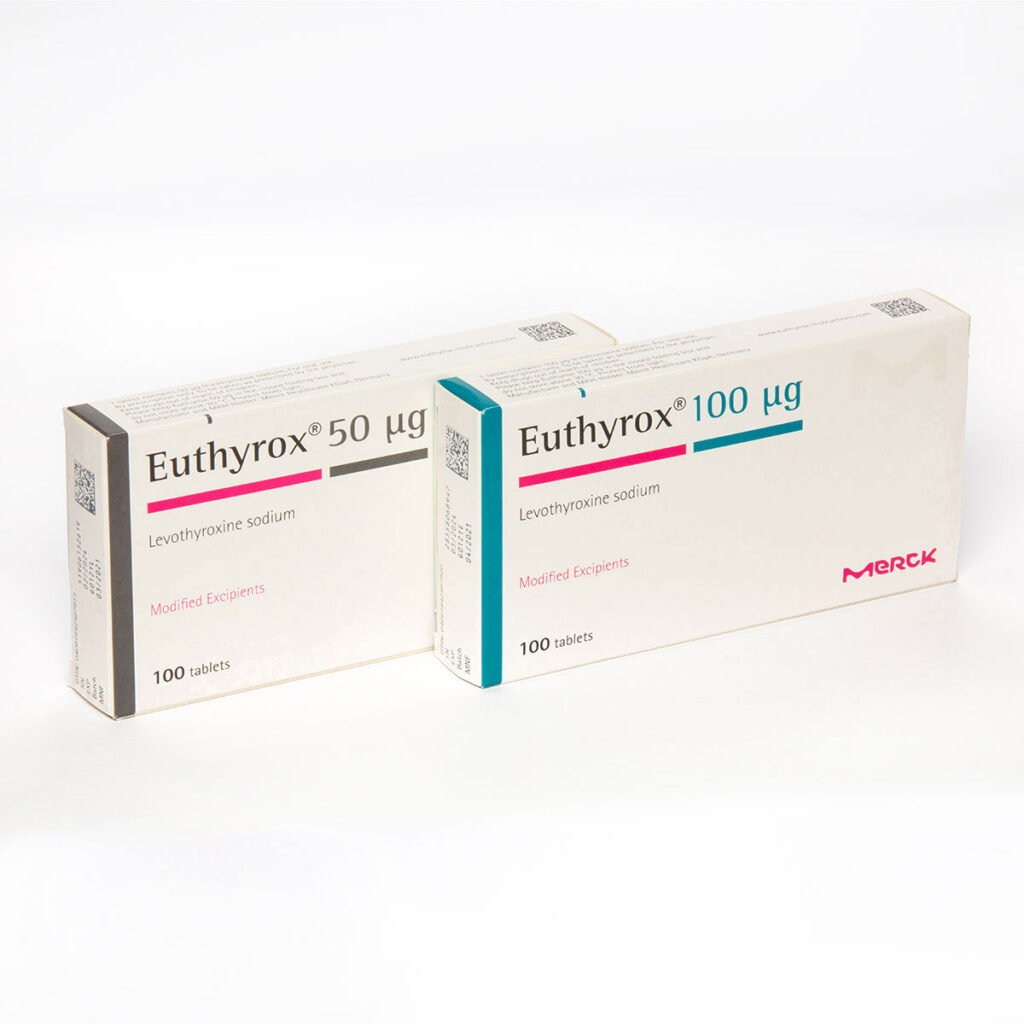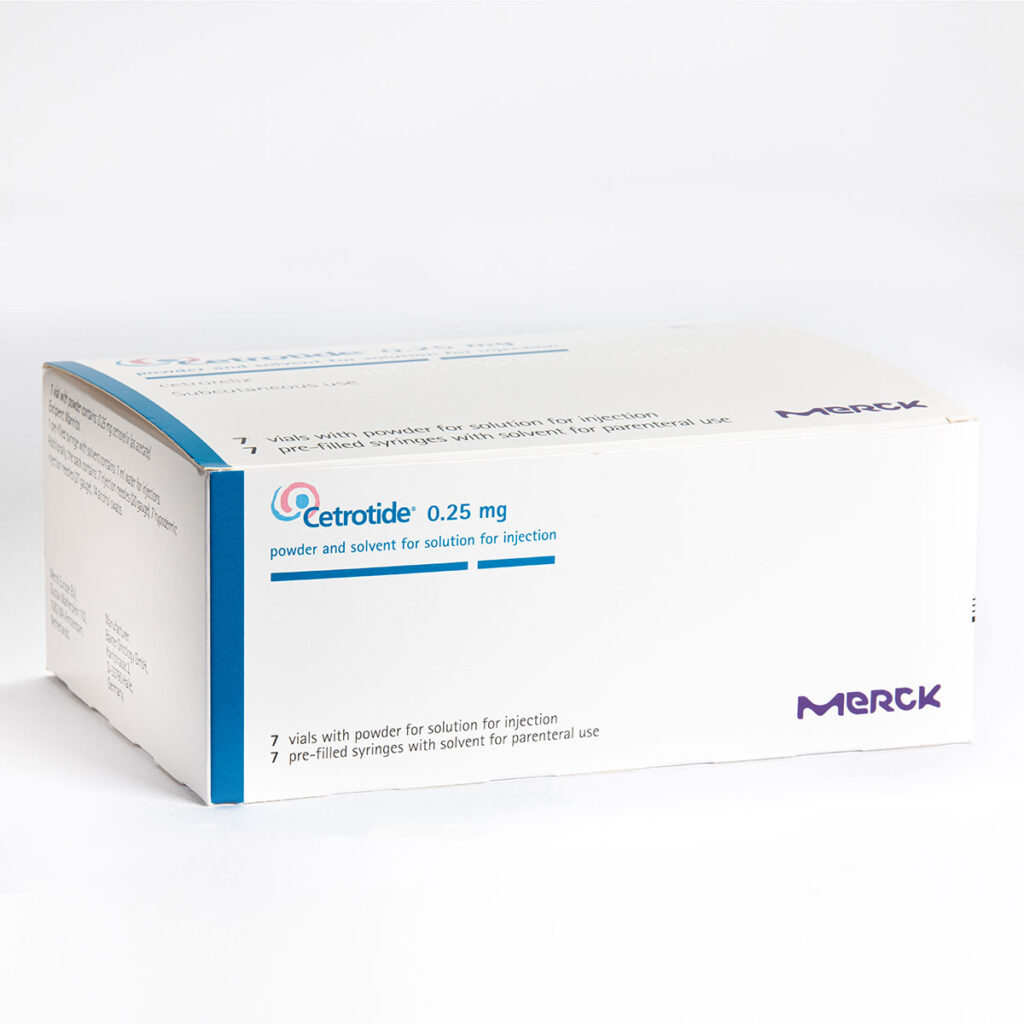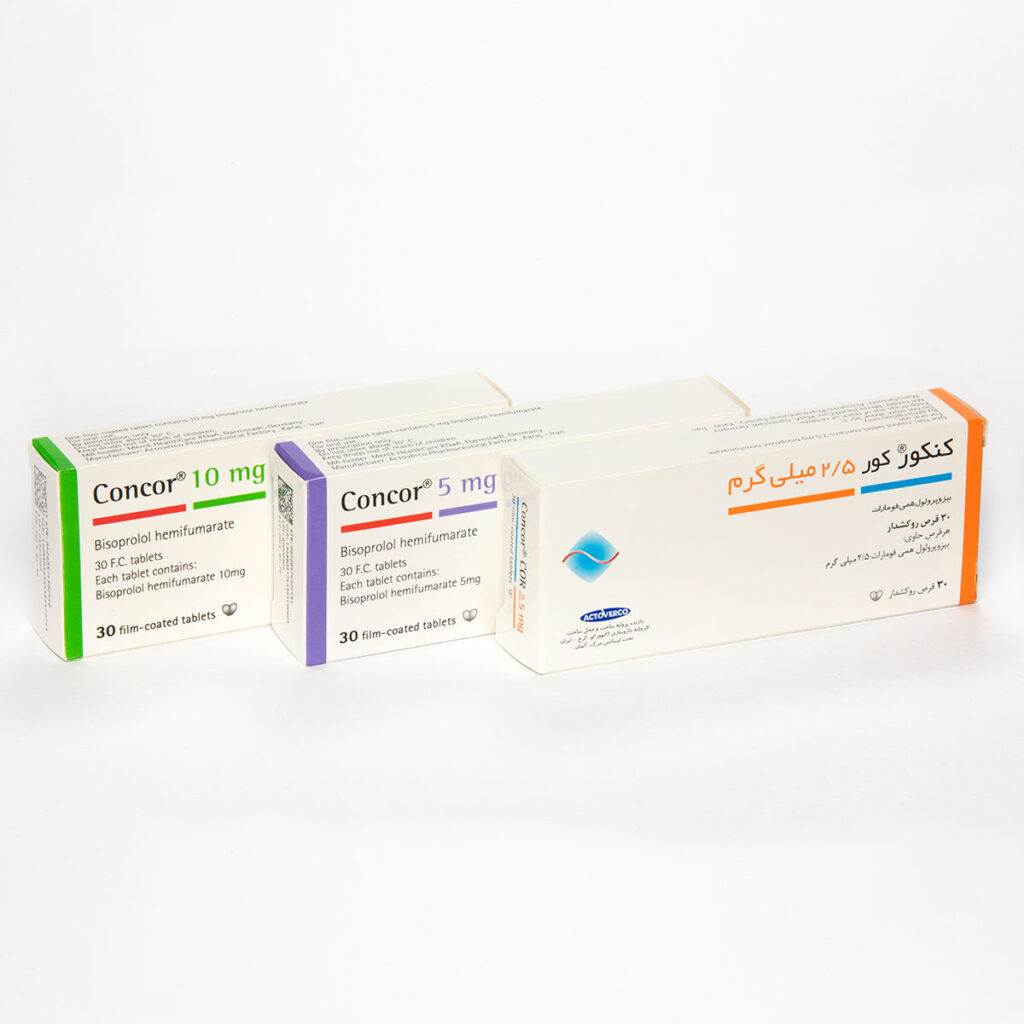Adancor
Category: Merck Products
Product Description:
Adancor contains the active substance “nicorandil”. This belongs to a group of medicines called “potassium channel activators”. Adancor is an antianginal and vasodilator drug.
Product Introduction
Dosage form:
Tablet, oral 10 mg and 20 mg
What is this drug?
Adancor contains the active substance “nicorandil”. This belongs to a group of medicines called “potassium channel activators”. Adancor is an antianginal and vasodilator drug.
What is this drug used for?
This drug is used to prevent or reduce painful signs of your heart disease (chronic stable angina).
What do I need to tell my doctor BEFORE I take this drug?
- If you are pregnant or breast-feeding, think you may be pregnant or are planning to have a baby, ask your doctor or pharmacist for advice before taking this medicine. You should avoid taking this medicine if you are pregnant.
- It is not known whether nicorandil passes into your breast-milk. You should not breast-feed while you are taking this medicine
- If you are allergic to nicorandil or any of the other ingredients of this medicine.
- If you have severe low blood pressure (hypotension).
- If you have heart problems such as cardiogenic shock, or left ventricular failure with low filling pressure or cardiac decompensation.
- If you are taking medicines to treat erectile dysfunction (such as sildenafil, tadalafil, vardenafil) or medicines to treat pulmonary hypertension. Your blood pressure may be affected if these medicines are taken with Nicorandil.
- If you have a low blood volume.
- If you have a build-up of fluid in the lungs (pulmonary edema).
- If you have low blood potassium levels and are taking potassium supplements.
- If you have kidney problems or are taking other medicines that may increase potassium levels.
- If you have a genetic condition called “glucose 6 phosphate dehydrogenase deficiency”.
- If you are taking dapoxetine, a medicine used to treat premature ejaculation.
- If you are taking medicines that widen the blood vessels.
- If You are taking medicines for inflammation corticosteroids and noninflammatory steroidal drugs such as ibuprofen. If taken with this drug you may be more likely to get ulcers.
- If you are taking medicines for depression.
- If you are taking aspirin (acetylsalicylic acid).
This is not a list of all drugs or health problems that interact with this drug. Tell your doctor and pharmacist about all of your drugs (prescription or OTC, natural products, vitamins) and health problems. You must check to make sure that it is safe for you to take this drug with all of your drugs and health problems. Do not start, stop, or change the dose of any drug without checking with your doctor. This drug is not recommended for use in children.
What are some things I need to know or do while I take this drug?
- In case you get headaches, you may need to take a lower dose. Talk to your doctor.
- Your doctor may increase your dose. This will depend on your needs, response and tolerance to treatment.
- If you take more tablets than you should, or if a child swallows any of the tablets, talk to a doctor or go to hospital straight away. Take the medicine pack with you. You may feel dizzy or weak signs of low blood pressure. You may also feel your heart beating irregularly and faster
- This drug may make you feel dizzy or weak. If this happens, do not drive or use any tools or machines.
- This drug may lower your blood pressure. If you drink alcohol while being treated with this drug, your blood pressure may become even lower.
What are some side effects that I need to call my doctor about right away?
Warnings/precautions: Like all medicines, this medicine can cause side effects, although not everybody gets them. These side effects can happen at the beginning of treatment or later in treatment. Talk to your doctor straight away if you notice any of the signs that follows:
- red, itchy, swollen or watery eyes, including problems with a part of the eye called the cornea.
- ulcers in your mouth, stomach, guts (small and large), or back passage. These may cause blood in your stools or vomit, a fistula (abnormal tube-like passage from one body cavity to another or to the skin), a hole, abscess or weight loss. Ulcers may also develop on the skin, genital tract and nasal passages or around a stoma (where there is an artificial opening for waste removal such as a colostomy or ileostomy). These are more likely to happen if you have a problem with your large intestine (diverticular disease)
- headache – especially during the first few days of treatment. Your doctor may start you on a low dose and increase it slowly to reduce the frequency of headaches.
- feeling dizzy
- flushing of the skin
- feeling sick (nausea)
- being sick (vomiting)
- feeling weak
- very fast, uneven or forceful heartbeat (palpitations)
These are not all of the side effects that may occur. your doctor for medical advice about side effects.
What can I do if I miss a dose?
- Take a missed dose as soon as you think about it. If it is close to the time for your next dose, skip the missed dose and go back to your normal time. Do not take a double dose to make up for a forgotten dose.
- Do not take 2 doses at the same time or extra doses.
If you have any further questions on the use of this medicine, ask your doctor or pharmacist.
How do I store and/or discard this drug?
- Store at room temperature (25 °C).
- Store in the original packaging in order to protect from moisture.
- After opening, each blister strip should be used within 30 days at above mentioned storage conditions.
- Keep all drugs in a safe place. Keep all drugs out of the reach of children and pets.
- Throw away unused or expired drugs. Do not flush down a toilet or pour down a drain unless you are told to do so. Check with your pharmacist if you have questions about the best way to throw out drugs. There may be drug take-back programs in your area.

